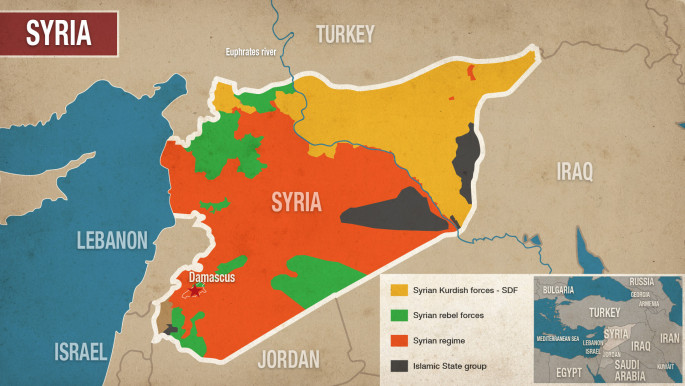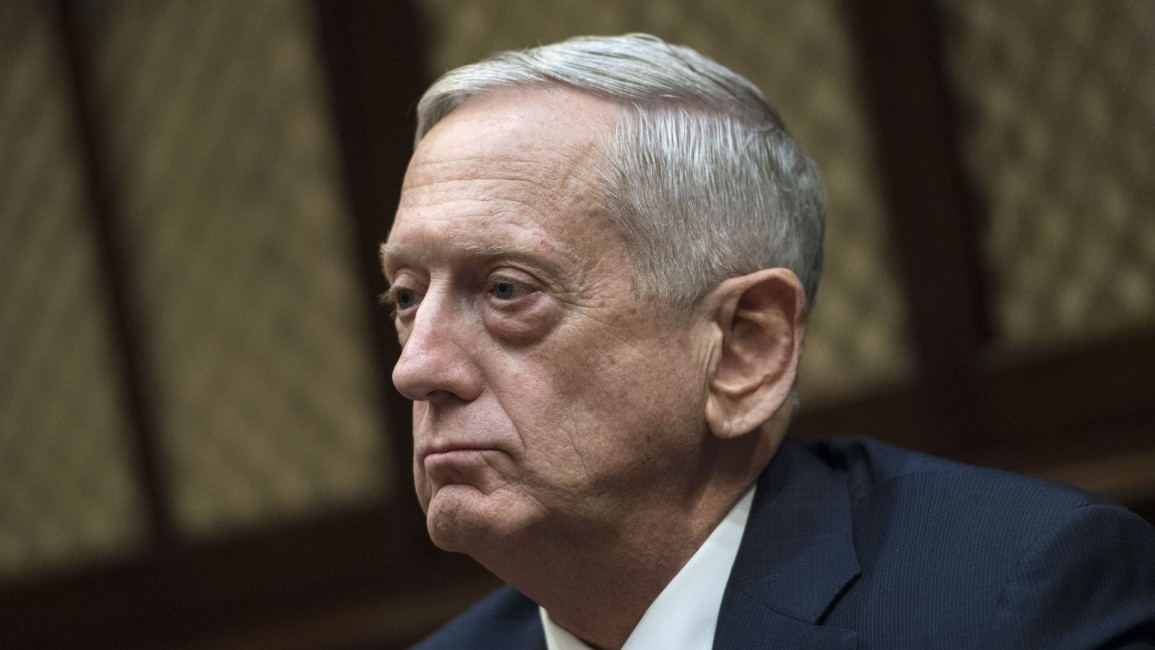US vows investigation into deadly Syria attack involving Russian mercenaries
The US had said the coalition acted in self-defence when an enemy unit of 300 to 500 fighters launched an attack on an established Syrian Democratic Forces [SDF] position east of the Euphrates river in the Deir az-Zour province.
The coalition warned the Russian military and proceeded to strike the formation, killing up to 100 people.
Russia has acknowledged that five of its citizens were killed in the US-led coalition bombing after they were part of a group of pro-regime combatants which led an attack on positions held by the SDF.
"I understand that the Russian government now is saying that some of their not-military forces, contractors, were involved in that still unexplained attack," Mattis said while flying back to Washington after a weeklong tour of Europe, adding that Russian officers the US coordinated with were "apparently" unaware.
 |
|
"But they took directions from someone. Was it local directions? Was it from external sources? Don't ask me, I don't know. But I doubt that 250 to 300 people, all just excited on their individual self, suddenly crossed the river in enemy territory, started shelling a location and manoeuvring tanks against it.
"So, whatever happened, we'll try to figure it out. We'll work with obviously anyone who can answer that question."
At the time of the attack on February 7, the Russian defence ministry insisted it had no servicemen in the eastern province of Syria.
However, many Russian citizens are fighting in Syria as mercenaries working for a private military company called Wagner according to numerous reports.
Mercenaries not directly affiliated with the Russian military may be convenient for Moscow's interests in Syria while assuring deniability of government involvement.
According to Fontanka website, which has chronicled the involvement of private military contractors in Syria, Wagner is associated with a Russian company Yevro Polis, which has signed a deal with the Syrian government.
Under the deal, the company would capture and secure oil and gas infrastructure in Syria in exchange for a 25 percent share in future resource production.


![President Pezeshkian has denounced Israel's attacks on Lebanon [Getty]](/sites/default/files/styles/image_684x385/public/2173482924.jpeg?h=a5f2f23a&itok=q3evVtko)



 Follow the Middle East's top stories in English at The New Arab on Google News
Follow the Middle East's top stories in English at The New Arab on Google News


